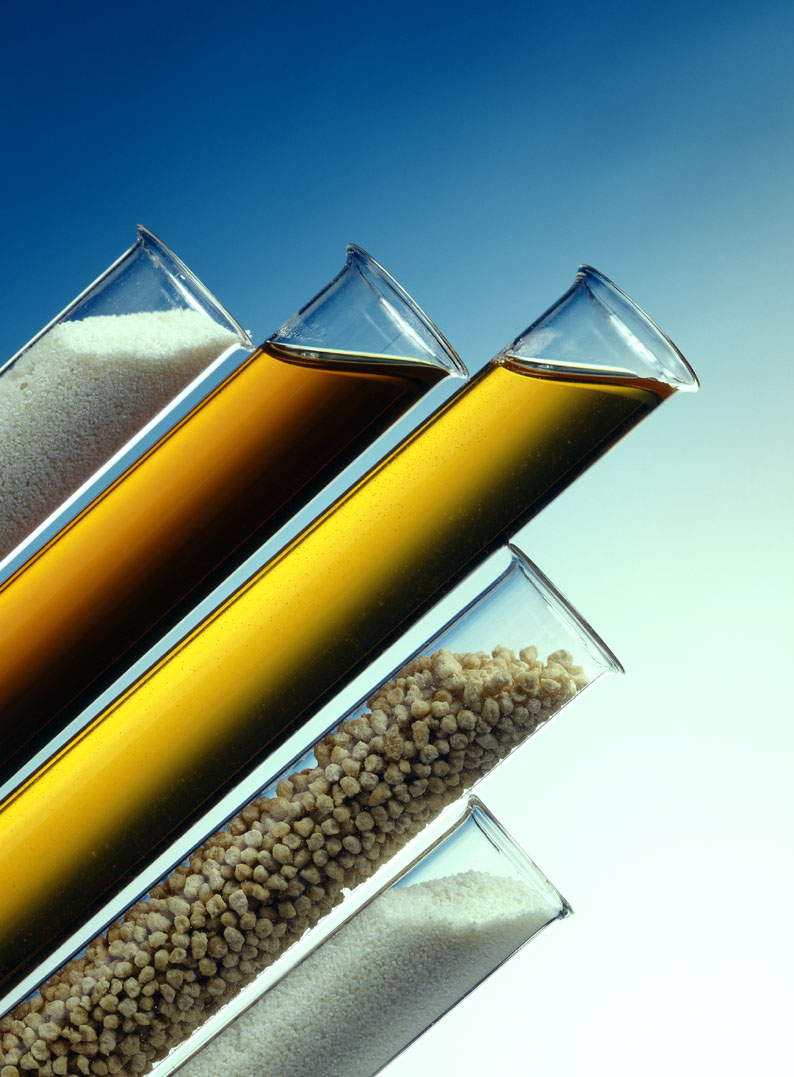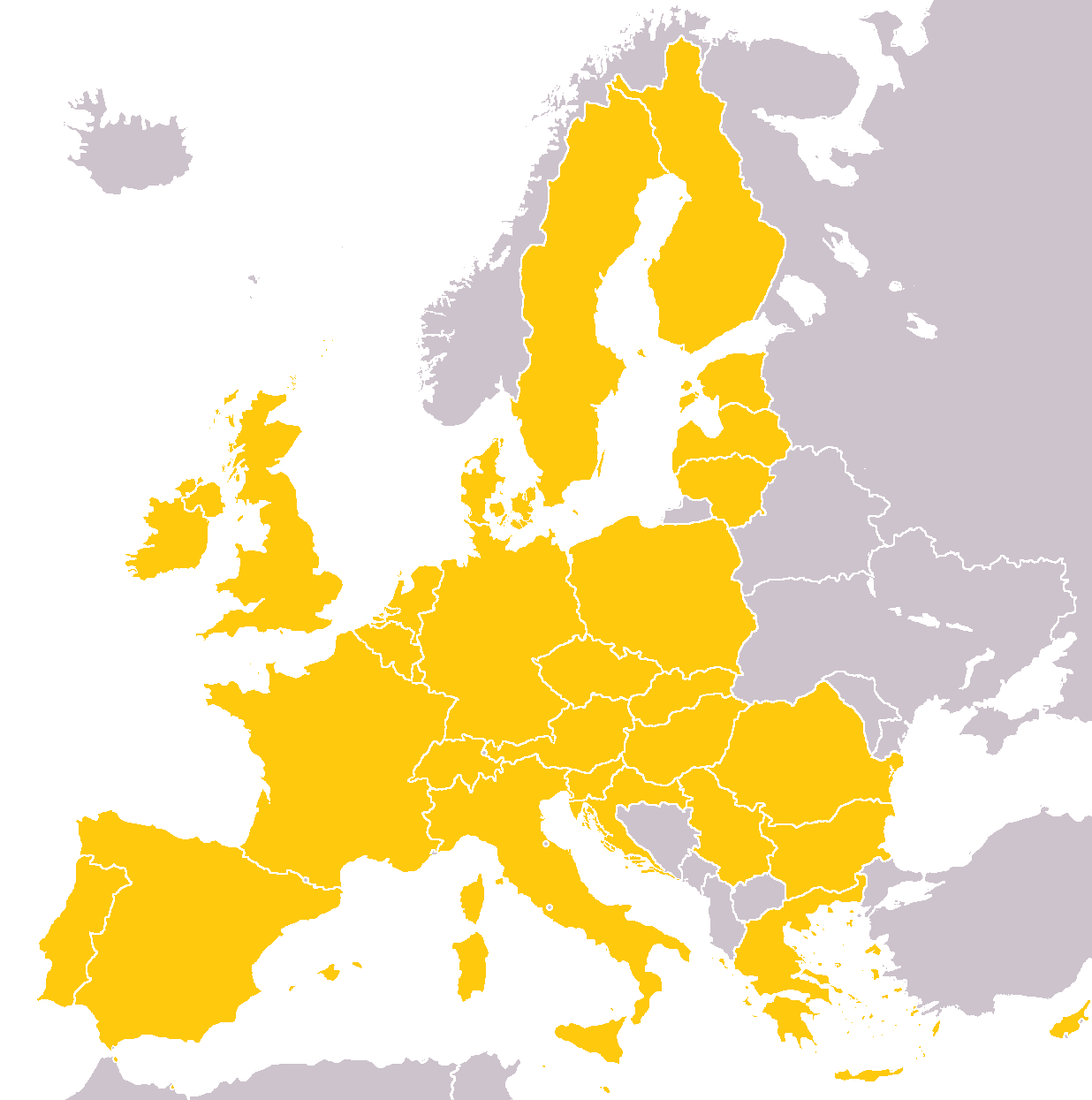|
Frosta AG
Frosta Aktiengesellschaft (stylized as FRoSTA) is a frozen food company headquartered in Bremerhaven, Bremen, Germany. The corporation owns production facilities in Germany and Poland, with sales and distribution subsidiaries in the Czech Republic, Germany, Hungary, Italy, Poland and Romania. It had 1709 employees and revenues of Euro 501 million (USD 581.36 million) in 2017. FRoSTA is the market leader for frozen food in Germany and one of the largest in Europe. FRoSTA specializes in frozen fish, vegetables, fruits, herbs and ready-to-eat meals in three segments: brand business, private label and foodservice. Its brands include FRoSTA, Elbtal, La Valle Degli Orti, Mare Fresco, Surgela, and tiko. The private label business operates under the FRoSTA and COPACK names, with sales channels to European food retailers such as Aldi, Lidl, and Norma. The foodservice segment focuses on hospitals, catering and industrial customers. The history of Frosta AG began in 1905 with the founding o ... [...More Info...] [...Related Items...] OR: [Wikipedia] [Google] [Baidu] |
Deutschmark
The Deutsche Mark (; English: ''German mark''), abbreviated "DM" or "D-Mark" (), was the official currency of West Germany from 1948 until 1990 and later the unified Germany from 1990 until the adoption of the euro in 2002. In English, it was typically called the "Deutschmark" (). One Deutsche Mark was divided into 100 pfennigs. It was first issued under Allied occupation in 1948 to replace the Reichsmark and served as the Federal Republic of Germany's official currency from its founding the following year. On 31 December 1998, the Council of the European Union fixed the irrevocable exchange rate, effective 1 January 1999, for German mark to euros as DM 1.95583 = €1. In 1999, the Deutsche Mark was replaced by the euro; its coins and banknotes remained in circulation, defined in terms of euros, until the introduction of euro notes and coins on 1 January 2002. The Deutsche Mark ceased to be legal tender immediately upon the introduction of the euro—in contrast to the o ... [...More Info...] [...Related Items...] OR: [Wikipedia] [Google] [Baidu] |
Bremen (state)
Bremen (), officially the Free Hanseatic City of Bremen (german: Freie Hansestadt Bremen; nds, Free Hansestadt Bremen), is the smallest and least populous of Germany's 16 states. It is informally called ("State of Bremen"), although the term is sometimes used in official contexts. The state consists of the city of Bremen and its seaport exclave, Bremerhaven, surrounded by the larger state of Lower Saxony in northern Germany. Geography The state of Bremen consists of two non-contiguous territories. These enclaves contain Bremen, officially the 'City' (''Stadtgemeinde Bremen'') which is the state capital, and the city of Bremerhaven (''Stadt Bremerhaven''). Both are located on the River Weser; Bremerhaven ("Bremen's harbour") is further downstream on the mouth of the Weser with open access to the North Sea. Both enclaves are completely surrounded by the neighbouring State of Lower Saxony (''Niedersachsen''). The highest point in the state is in Friedehorst Park (32.5m). Hist ... [...More Info...] [...Related Items...] OR: [Wikipedia] [Google] [Baidu] |
Geestemünde
Bremerhaven (, , Low German: ''Bremerhoben'') is a city at the seaport of the Free Hanseatic City of Bremen, a state of the Federal Republic of Germany. It forms a semi-enclave in the state of Lower Saxony and is located at the mouth of the River Weser on its eastern bank, opposite the town of Nordenham. Though a relatively new city, it has a long history as a trade port and today is one of the most important German ports, playing a role in Germany's trade. History in 1827, but neighboring settlements such as Lehe were in the vicinity as early as the 12th century, and Geestendorf was "mentioned in documents of the ninth century". p. 8. Fourth revised edition. Translated into English from the original German edition titled ''Bremerhaven – tätige Stadt im Noordseewind'' These tiny villages were built on small islands in the swampy estuary. In 1381, the city of Bremen established ''de facto'' rule over the lower Weser stream, including Lehe, later therefore called Bremer ... [...More Info...] [...Related Items...] OR: [Wikipedia] [Google] [Baidu] |
Food Additives
Food additives are substances added to food to preserve flavor or enhance taste, appearance, or other sensory qualities. Some additives have been used for centuries as part of an effort to preserve food, for example vinegar (pickling), salt (salting), smoke (smoking), sugar (crystallization), etc. This allows for longer-lasting foods such as bacon, sweets or wines. With the advent of processed foods in the second half of the twentieth century, many additives have been introduced, of both natural and artificial origin. Food additives also include substances that may be introduced to food indirectly (called "indirect additives") in the manufacturing process, through packaging, or during storage or transport. Numbering To regulate these additives and inform consumers, each additive is assigned a unique number called an "E number", which is used in Europe for all approved additives. This numbering scheme has now been adopted and extended by the '' Codex Alimentarius'' Commission t ... [...More Info...] [...Related Items...] OR: [Wikipedia] [Google] [Baidu] |
Sustainable Fishing
A conventional idea of a sustainable fishery is that it is one that is harvested at a sustainable rate, where the fish population does not decline over time because of fishing practices. Sustainability in fisheries combines theoretical disciplines, such as the population dynamics of fisheries, with practical strategies, such as avoiding overfishing through techniques such as individual fishing quotas, curtailing destructive and illegal fishing practices by lobbying for appropriate law and policy, setting up protected areas, restoring collapsed fisheries, incorporating all externalities involved in harvesting marine ecosystems into fishery economics, educating stakeholders and the wider public, and developing independent certification programs. Some primary concerns around sustainability are that heavy fishing pressures, such as overexploitation and growth or recruitment overfishing, will result in the loss of significant potential yield; that stock structure will erode ... [...More Info...] [...Related Items...] OR: [Wikipedia] [Google] [Baidu] |
Poland
Poland, officially the Republic of Poland, is a country in Central Europe. It is divided into 16 administrative provinces called voivodeships, covering an area of . Poland has a population of over 38 million and is the fifth-most populous member state of the European Union. Warsaw is the nation's capital and largest metropolis. Other major cities include Kraków, Wrocław, Łódź, Poznań, Gdańsk, and Szczecin. Poland has a temperate transitional climate and its territory traverses the Central European Plain, extending from Baltic Sea in the north to Sudeten and Carpathian Mountains in the south. The longest Polish river is the Vistula, and Poland's highest point is Mount Rysy, situated in the Tatra mountain range of the Carpathians. The country is bordered by Lithuania and Russia to the northeast, Belarus and Ukraine to the east, Slovakia and the Czech Republic to the south, and Germany to the west. It also shares maritime boundaries with Denmark and Sweden. ... [...More Info...] [...Related Items...] OR: [Wikipedia] [Google] [Baidu] |
Unilever
Unilever plc is a British multinational consumer goods company with headquarters in London, England. Unilever products include food, condiments, bottled water, baby food, soft drink, ice cream, instant coffee, cleaning agents, energy drink, toothpaste, pet food, pharmaceutical and consumer healthcare products, tea, breakfast cereals, beauty products, and personal care. Unilever is the largest producer of soap in the world and its products are available in around 190 countries. Unilever's largest brands include Lifebuoy, Dove, Sunsilk, Knorr, Lux, Sunlight, Rexona/Degree, Axe/Lynx, Ben & Jerry's, Omo/Persil, Heartbrand (Wall's) ice creams, Hellmann's and Magnum. Unilever is organised into three main divisions: Foods and Refreshments, Home Care, and Beauty & Personal Care. It has research and development facilities in China, India, the Netherlands, the United Kingdom, and the United States. Unilever was founded on 2 September 1929, by the merger of the British soapma ... [...More Info...] [...Related Items...] OR: [Wikipedia] [Google] [Baidu] |
German Reunification
German reunification (german: link=no, Deutsche Wiedervereinigung) was the process of re-establishing Germany as a united and fully sovereign state, which took place between 2 May 1989 and 15 March 1991. The day of 3 October 1990 when the German Reunification Treaty entered into force dissolving the German Democratic Republic (GDR; german: link=no, Deutsche Demokratische Republik, DDR, or East Germany) and integrating its recently re-established constituent federated states into the Federal Republic of Germany (FRG; german: link=no, Bundesrepublik Deutschland, BRD, or West Germany) to form present-day Germany, has been chosen as the customary ''German Unity Day'' () and has thereafter been celebrated each year from 1991 as a national holiday. East and West Berlin were united into a single city and eventually became the capital of reunited Germany. The East Germany's government led by the Socialist Unity Party of Germany (SED) (a communist party) started to falter on 2 May 1 ... [...More Info...] [...Related Items...] OR: [Wikipedia] [Google] [Baidu] |
East German
East Germany, officially the German Democratic Republic (GDR; german: Deutsche Demokratische Republik, , DDR, ), was a country that existed from its creation on 7 October 1949 until its dissolution on 3 October 1990. In these years the state was a part of the Eastern Bloc in the Cold War. Commonly described as a communist state, it described itself as a socialist "workers' and peasants' state".Patrick Major, Jonathan Osmond, ''The Workers' and Peasants' State: Communism and Society in East Germany Under Ulbricht 1945–71'', Manchester University Press, 2002, Its territory was administered and occupied by Soviet forces following the end of World War II—the Soviet occupation zone of the Potsdam Agreement, bounded on the east by the Oder–Neisse line. The Soviet zone surrounded West Berlin but did not include it and West Berlin remained outside the jurisdiction of the GDR. Most scholars and academics describe the GDR as a totalitarian dictatorship. The GDR was established i ... [...More Info...] [...Related Items...] OR: [Wikipedia] [Google] [Baidu] |
Norma (supermarket)
Norma is a food discount store with more than 1,300 stores in Germany, France, the Czech Republic and Austria. The stores are appearing as ''Norma'' and ''Norma-Rodi'', as Norma has acquired the company Rodi. Company In 1921, the family company ''George Roth'' in Fürth, Germany, was founded. Out of this company, in the 1960s, the first Norma store opened in the south of Germany. Since the end of the 1980s, Norma has developed from a regional discount store to an international company. On April 5, 2010 the company owner Manfred Georg Roth died. The company is managed by a dual leadership consisting of Gerd Köber and Robert Tjón. In December 2011, the general partner changed its legal form from a GmbH to a foundation based in Fürth. The limited partnership was then renamed Norma Lebensmittelfilialbetrieb Stiftung & Co. KG. Another foundation was set up to manage the real estate holdings. Concept In common with other large German discount supermarket chains such as Aldi and ... [...More Info...] [...Related Items...] OR: [Wikipedia] [Google] [Baidu] |
Lidl
Lidl Stiftung & Co. KG (; ) is a German international discount retailer chain that operates over 11,000 stores across Europe and the United States. Headquartered in Neckarsulm, Baden-Württemberg, the company belongs to the Schwarz Group, which also operates the hypermarket chain Kaufland. Lidl is the chief competitor of the similar German discount chain Aldi in several markets. There are Lidl stores in every member state of the European Union as well as in Serbia, Switzerland, the United Kingdom and the United States. In October 2021, Lidl also announced that it intended to open its first store in Ukraine, but there has been no progress due to the 2022 Russian invasion of Ukraine. History In 1932, Josef Schwarz became a partner in Südfrüchte Großhandlung Lidl & Co., a fruit wholesaler, and he developed the company into a general food wholesaler. In 1977, under his son Dieter Schwarz, the Schwarz-Gruppe began to focus on discount markets, larger supermarkets, and cash a ... [...More Info...] [...Related Items...] OR: [Wikipedia] [Google] [Baidu] |



.jpg)


.jpg)

